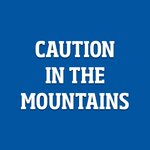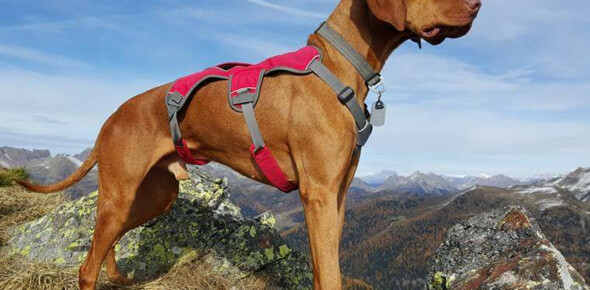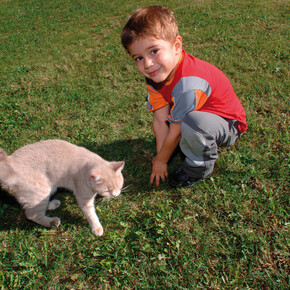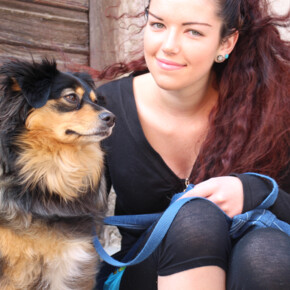Pets: rights and duties
What the law requires for those who have pets
Owning an animal is an extraordinary pleasure. Our friends exchange the affection they receive in many different ways. In short, their company is a great gift.
However, owning an animal is also a responsibility: the following is a short summary of what is required by Italian law for pet management.
Rules for behaviour:
- Always use a leash, no longer than 1.5 m, when accompanying a dog in urban areas and in places open to the public. The only exceptions are areas for dogs, identified by the Municipalities. This means that even on trails it is best to use a leash.
- Carry a rigid or soft muzzle, to be applied to the dog in case of a risk to the safety of other people or animals or at the request of the designated authorities
- Entrust the dog to people capable of managing it correctly
- Make sure that the dog behaves in accordance with the specific needs involved in living with other people or animals, compared to the place where one lives
- Pick up the faeces (in urban contexts) and carry suitable means for collecting them.
The owner's responsibilities:
When you own animals, there is a chance that they may cause damage to people or property. The Civil Code states that "the owner of an animal, or whoever makes use of it, in the time it is under their control, is responsible for damage caused by the animal, whether it is in their custody, lost, or escaped, unless they are capable of proving a case of freak accident".
If you find a lost animal, it is obligatory to file a report
If you happen to find a dog, the first thing to do is to track down the owner, by looking for a tag or, better yet, a tattoo (on the dog's thigh or right ear). If you do not find a tag, it is necessary to report the finding to the Municipal Police (Vigili Urbani) or to the State Police or to the Carabinieri.
Obligations and responsibilities for owners: dogs at risk of aggressive behaviour
The Law establishes, for owners of particular types of dogs, certain additional obligations: on one hand, they are required to stipulate a third party insurance policy, to cover damage to third parties caused by their dog and, on the other, they are required to always have the dog restrained with a leash and muzzle when it is in urban areas or anyway in areas open to the public.
In this case, we are talking about dogs which, having bitten or attacked in the past, are listed in a particular register kept by Veterinary Services.
Animals and Road Regulations
The Road Regulations dedicate certain instructions to protecting animals - but also to protecting the driver of a vehicle, who must always be in the position to be able to drive safely.
On one hand, the Regulation requires any road user (and therefore not only drivers of motorised vehicles) - in the case of an accident that can be connected to their own behaviour, and that may have affected a pet - to stop and see to promptly obtaining help for the animal that has been injured. Whoever fails to comply with this obligation is punishable by the administrative application of a fine.
The Road Regulation also states that it is forbidden to transport more than one pet in a motor vehicle, and anyway in conditions that create an impediment or danger for the driver. The transport of more than one domestic animal at a time is permitted only if they are kept in a designated cage or container.






